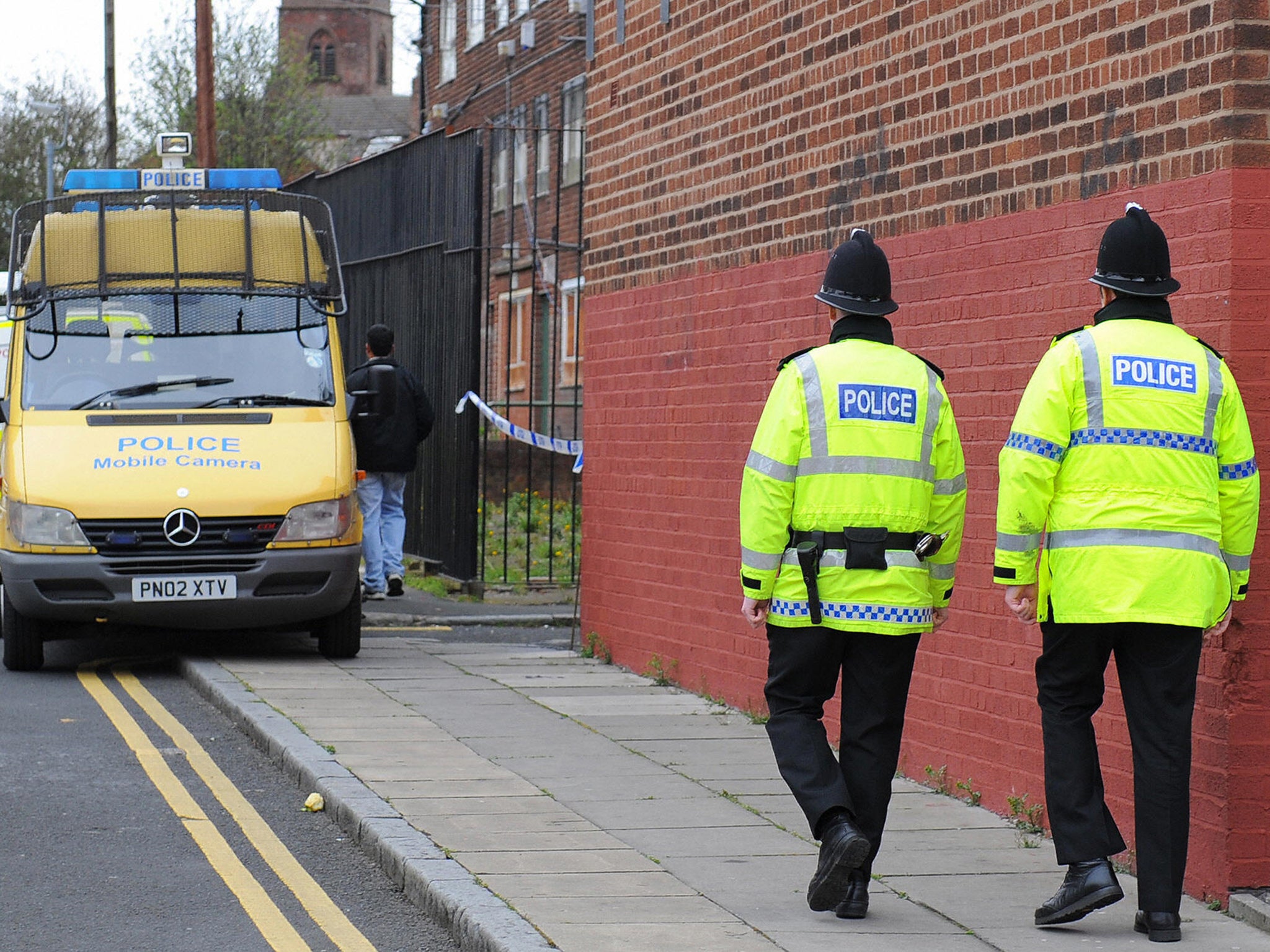Budget 2016: Three more regions of England are to get elected mayors and access to billions in funding
'We have reached agreement to establish new elected mayors in our English counties and southern cities'

Three more regions of England are to get elected mayors as George Osborne claimed the Government is delivering the “most radical devolution of power in modern British history”.
East Anglia, the West of England and Greater Lincolnshire will access billions of pounds of new investment in a move the Chancellor said shows that the “devolution revolution is taking hold”.
“We have reached agreement to establish new elected mayors in our English counties and southern cities,” he said.
But the announcement was described as a sign of the Government’s “haphazard” approach to devolution by a leading think-tank, amid concern major regions, including Yorkshire, are yet to secure deals from the Chancellor.
Mr Osborne also used the Budget to hand two major cities in the North of England greater control of their finances. He agreed to allow town hall leaders in Greater Manchester and the Liverpool city region, along with Greater London, to retain 100 per cent of business rates in a pilot move to help them reform public services and invest in long-term economic growth from 2017 – three years ahead of schedule.
The Government will also work with Greater Manchester to devolve criminal justice powers in a move aimed at tackling the causes of crime and preventing reoffending.
Mr Osborne said: “We’re making the Northern Powerhouse a reality and rebalancing our country.”
Hull will also benefit from £13m for its 2017 City of Culture celebrations. Further south, businesses in the West Midlands will benefit from the £250m Midlands Engine Investment Fund.
The move to give Greater Manchester extra powers comes two years after Mr Osborne launched his Northern Powerhouse ambitions in the Power Hall at Manchester’s Museum of Science and Industry in June 2014.
Sir Richard Leese, vice-chair of the Greater Manchester Combined Authority, said: “Devolution is about giving local leaders the power to make decisions that improve their communities. The Government recognises in Greater Manchester we’ll make better decisions over investment, housing, skills and deliver a stronger economy.”
But as Manchester and Liverpool proceed with devolution plans, council leaders in Yorkshire are still squabbling over which areas of “God’s own country” should be given devolved powers.
More than 60 business leaders in West Yorkshire had called on Mr Osborne to push for a devolution deal for Leeds in his Budget. Peter Box, the chairman of West Yorkshire Combined Authority, said it was “disappointing” that the Chancellor made no mention of progress made by Leeds on its devolution plans.
Leaders in Manchester, Liverpool, Leeds, Newcastle and Sheffield pledged after the Budget to work together with the Government to ensure the “full potential” of the Northern Powerhouse is realised.
But Jack Hunter from leading think-tank IPPR North said that while devolution deals in East Anglia, the West of England and Greater Lincolnshire are to be welcomed, there remains concern about the “haphazard way” that devolution is being managed by the Chancellor.
He said: “A devolution revolution in England will only be successful if it is developed as a coherent programme and implemented as a long-term plan. Instead, it is currently being undermined by a lack of proper process, with too many discussions held behind closed doors and decisions made on the basis of hidden criteria.”
Join our commenting forum
Join thought-provoking conversations, follow other Independent readers and see their replies
Comments
Bookmark popover
Removed from bookmarks